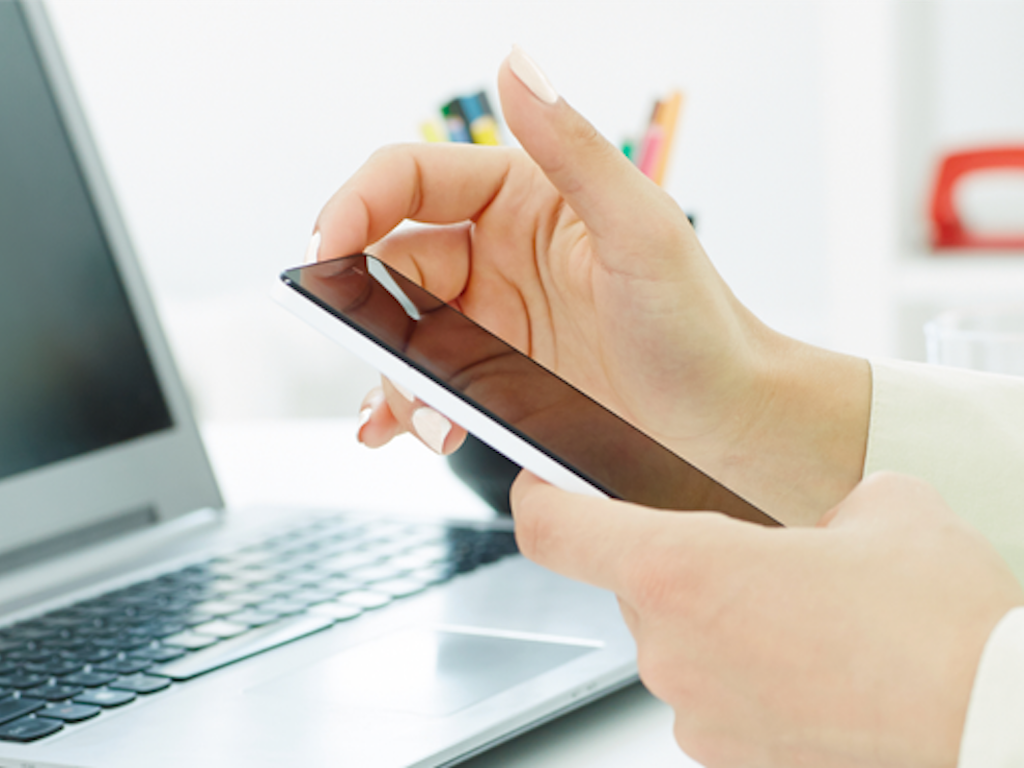6 Mins Read
These easy habits are helpful to keep you from overloading yourself with digital devices. From the blue light to the doom scrolling, there’s every reason to take it easy on the devices today and every day.
1. Clean out your apps
Ask yourself: how many apps do you have on your phone that you actually need and use regularly? For most of us, it’s probably only a handful, yet most of our phones are filled to the brim with apps that we might have downloaded months ago, or never even clicked on. So go ahead – clean out your phone by deleting all the unnecessary apps!
2. Know what you need to cut down on
Assess where you spend most of your time when it comes to using your phone or laptop. Is it scrolling on social media, online shopping websites or watching Youtube videos? Think about which of those activities are worthwhile, like keeping in touch with friends and family abroad and reading the news, and what you can cut back on.
3. Limit screen time
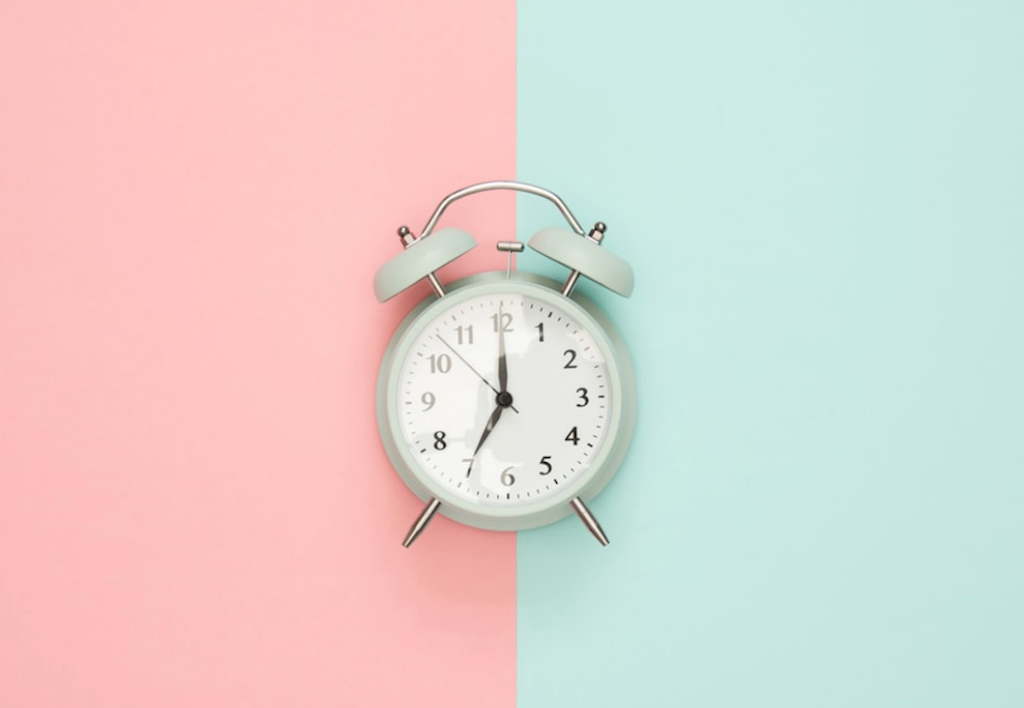
During the day, limit your screen time. Set yourself a reasonable goal. If you’re not able to spend hours on end away from your phone, then remind yourself to at least put it down every 10 minutes or so and focus on something else. You’ll probably find yourself procrastinating less, so you might even end up extra time on your hands to enjoy more offline activities like cooking, reading or hiking!
4. Implement “no phone” hours
Be really strict with yourself. If you are already pretty addicted, then you need to set up some limits. It’s a good idea to start with a realistic rule, such as turning off your phone after a certain time in the evening, and then not turning it back on until after breakfast in the morning.
5. Stop notifications
How many of us go check on our phones regularly because of those pesky notifications that light up our screens every so often? Limit the chance of this happening by going into your settings and turning off notifications for unnecessary things like social media and spam emails.
6. Turn your phone into a “dumb phone”

A “dumb phone” or a “feature phone” is one that retains the form of earlier-generation phones in the pre-smartphone days. Think about that mobile phone with a button-based input system and a small no-touch screen – yes, the ones with only a text, call and snake game function. Be inspired by this functional phone and turn yours into one that is purely for texting your friends to meet up or calling to have a conversation.
7. Wear blue light filtering glasses
All that time we spend looking at screens can cause some serious digital eye-strain, and long-term exposure to blue light could even lead to damaged retinal cells, leading to vision problems. Get a pair of blue light filtering glasses to protect your eyes when you use the screen! If you already wear glasses, it’s a good idea to get them fitted with blue light filtering lenses.
8. Remove blue light
On some devices, there is an option to remove blue light tones from our screens in settings. While you might have to get used to the warmer colour tones, it’s a perfect fix for those who aren’t keen on the idea of blue light filter glasses.
9. Lower brightness
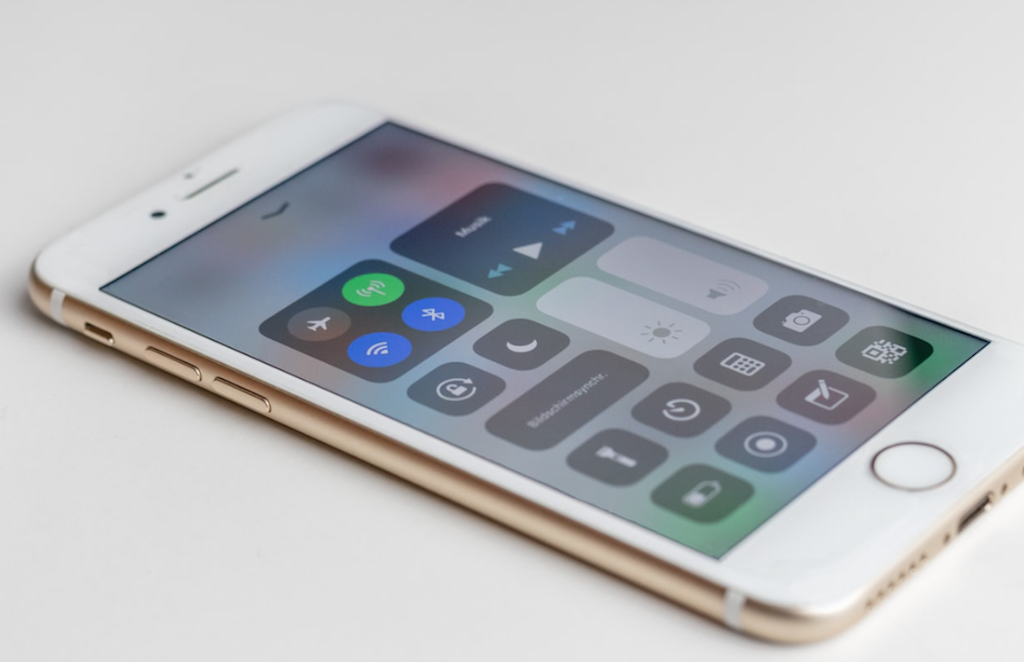
It’s unnecessary to have our screens turned up to the brightest level constantly. Lower your phone and laptop screen brightness to the dimmest level whenever possible, or turn on the setting that automatically keeps the brightness in check. Eco bonus: it’ll save a lot of energy usage too (good for your battery life, good for the planet)!
10. Use a music device
Use a music device like an iPod when you go to the gym, do the chores around the house or when you go for a walk. Or listen to the radio. This is a great way to avoid resorting to using your phone when you don’t actually need a phone.
11. Keep count of how many times you check your phone
Keep track of how many times you go look at your phone each day. Try it just for one week – tally up the number of times you check your phone. The totals may shock you! Once you have your average number, actively challenge yourself to keep that number as low as possible in the future.
12. Unsubscribe from unnecessary emails & unfollow accounts
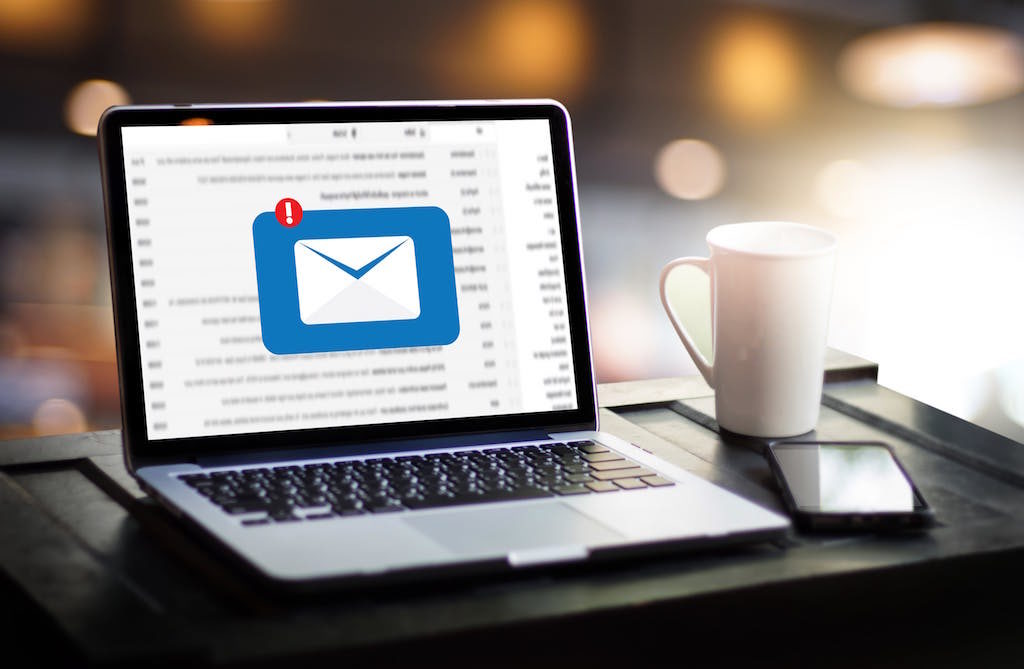
Our inboxes get spammed on the daily with random emails that we never read. If we never read them, then why keep yourself subscribed to these channels? Pick a handful that you still click on regularly, and get rid of the rest. Same goes for social media accounts – only follow people you actually care about/engage with and focus on the ones that bring about positive energy.
13. Keep your phone out of the bedroom
Cell phones pump out electromagnetic radiation whenever they are on. So sleeping with your phone nearby, especially near your head, will expose you all night long. Either turn the “airplane mode” on, which shuts down your phone’s transceiver, or turn it off, or simply keep it out of the bedroom altogether.
14. Be strict about sleep
Set up a consistent sleeping schedule for yourself. Focus on sleeping at least 7-8 hours per night, and go to bed around the same time each evening. It’s important to have a routine, which will help you put your digital devices down for a set amount of time each and every day.
15. Start a self-care habit
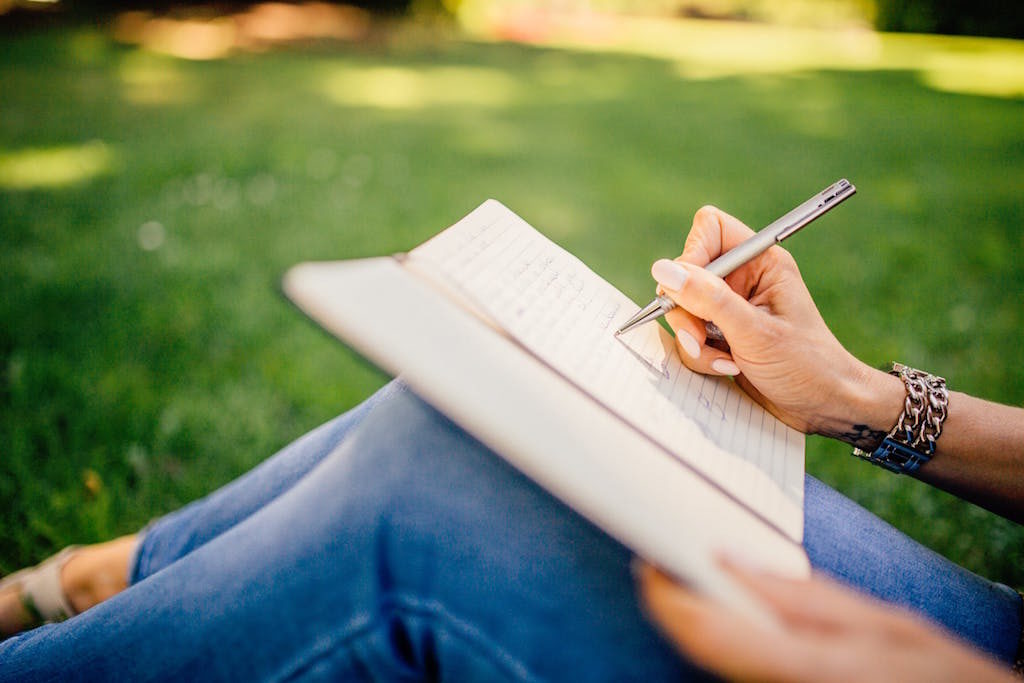
Practice a new self-care habit, such as meditation, journalling, and doing some arts and crafts, or a routine weekly massage. These activities will help you spend more time offline, away from your phones, and focus on doing something that makes you healthier and feel better.
16. Connect with nature
Commit to a few hours a week in nature without your phone. There are loads of activities that you don’t need any of your electronic devices for. Hiking, swimming, going to the beach, forest bathing – the options are endless. Enjoy the beautiful sounds and scenery of nature for at least a few hours once in a while, and come back feeling recharged and digitally detoxed!
Lead image courtesy of Vitali Michou / Shutterstock.

